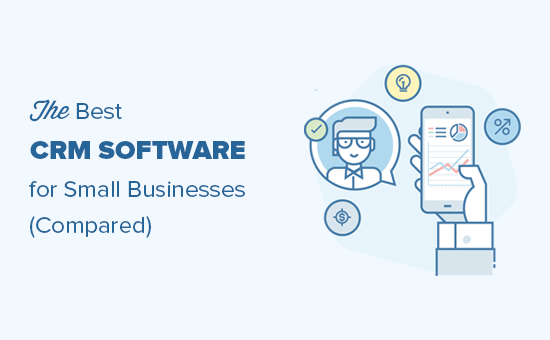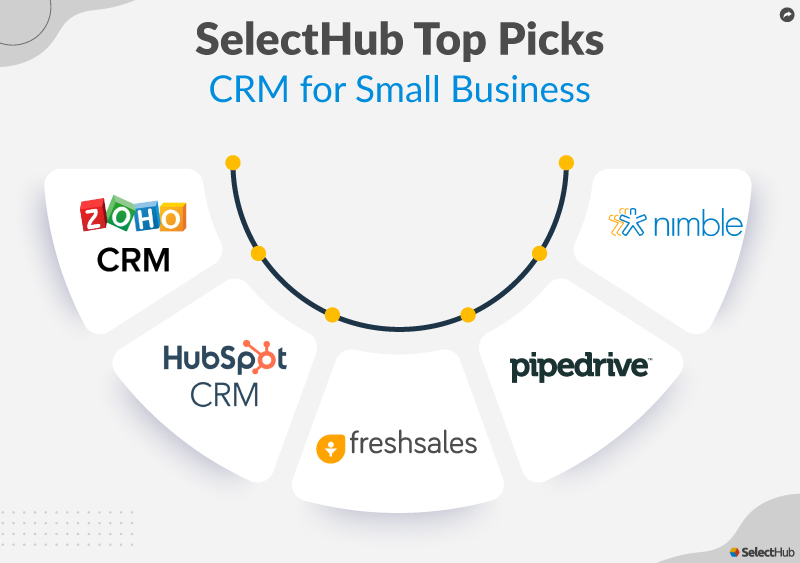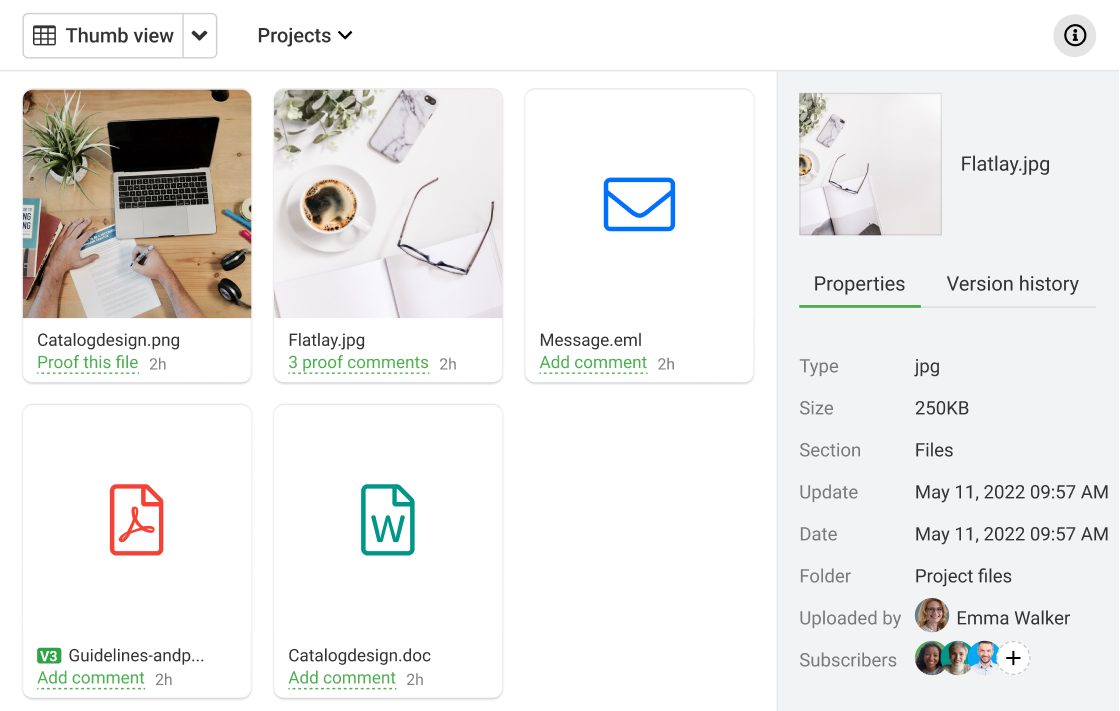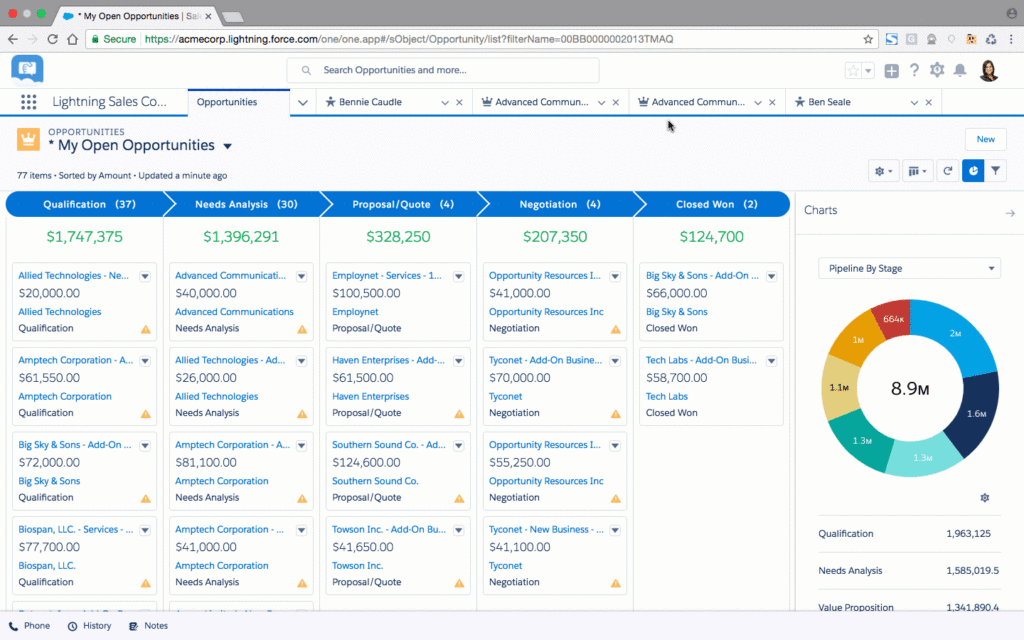Mastering CRM for Unbeatable Customer Retention: A Comprehensive Guide
Introduction: The Power of CRM in the Modern Marketplace
In today’s hyper-competitive business landscape, acquiring new customers is only half the battle. The real victory lies in retaining the customers you already have. This is where Customer Relationship Management (CRM) marketing and its impact on customer retention become paramount. CRM isn’t just a software; it’s a philosophy, a strategic approach to understanding, engaging, and nurturing your customer relationships. It’s about building loyalty, fostering trust, and ultimately, driving long-term profitability.
This comprehensive guide delves into the intricacies of CRM marketing and its critical role in customer retention. We’ll explore the core principles, practical strategies, and real-world examples that will empower you to transform your customer interactions and cultivate lasting relationships.
Understanding the Fundamentals of CRM Marketing
At its core, CRM marketing is about leveraging customer data to personalize and optimize every interaction. It’s about moving beyond generic marketing blasts and creating targeted, relevant experiences that resonate with individual customers. This involves:
- Data Collection and Management: Gathering and organizing customer data from various sources, including website interactions, social media, purchase history, and customer service interactions.
- Customer Segmentation: Grouping customers based on shared characteristics, such as demographics, purchase behavior, and engagement levels.
- Personalization: Tailoring marketing messages, offers, and content to individual customer preferences and needs.
- Automation: Streamlining marketing processes through automated workflows, such as email campaigns, lead nurturing sequences, and social media posting.
- Analytics and Reporting: Tracking key performance indicators (KPIs) to measure the effectiveness of CRM marketing efforts and identify areas for improvement.
The benefits of a well-executed CRM marketing strategy are numerous, including:
- Increased Customer Loyalty: Personalized experiences foster a sense of value and appreciation, leading to higher customer loyalty.
- Improved Customer Satisfaction: Addressing customer needs proactively and providing relevant information enhances satisfaction levels.
- Higher Customer Lifetime Value (CLTV): Retaining customers for longer periods increases their overall value to the business.
- Reduced Customer Churn: Proactive engagement and personalized support can prevent customers from switching to competitors.
- Enhanced Sales Performance: Targeted marketing campaigns and lead nurturing efforts can drive sales growth.
The Link Between CRM and Customer Retention: A Deep Dive
Customer retention is the lifeblood of any successful business. It’s far more cost-effective to retain existing customers than to constantly acquire new ones. CRM marketing is the engine that drives this retention engine.
Here’s how CRM directly impacts customer retention:
- Personalized Communication: CRM allows you to send targeted messages that resonate with individual customers. Instead of blasting generic emails, you can tailor your communication based on their purchase history, preferences, and stage in the customer journey. For example, if a customer frequently buys running shoes, you can send them exclusive offers on new running gear or training programs.
- Proactive Customer Service: CRM systems often integrate with customer service platforms, enabling you to track customer issues and resolve them quickly. By proactively addressing customer concerns and providing exceptional support, you can build trust and loyalty. Imagine a customer reporting a problem with a product. A CRM system can flag this issue, allowing your support team to reach out promptly and offer a solution, turning a potential negative experience into a positive one.
- Loyalty Programs and Rewards: CRM facilitates the creation and management of loyalty programs. By rewarding customers for their purchases and engagement, you can incentivize them to stay with your brand. These programs can range from simple points-based systems to tiered programs with exclusive benefits.
- Predictive Analytics: Advanced CRM systems use predictive analytics to identify customers who are at risk of churning. By analyzing customer behavior, you can proactively reach out to these customers and offer incentives or support to keep them engaged. This proactive approach can be a game-changer in preventing customer attrition.
- Feedback and Surveys: CRM can be used to gather customer feedback through surveys and questionnaires. This feedback provides valuable insights into customer satisfaction and areas for improvement. By actively listening to your customers and acting on their feedback, you demonstrate that you value their input and are committed to providing the best possible experience.
Implementing a Successful CRM Marketing Strategy: Step-by-Step
Implementing a successful CRM marketing strategy requires a strategic approach and careful planning. Here’s a step-by-step guide to help you get started:
- Define Your Goals and Objectives: What do you want to achieve with your CRM marketing efforts? Are you aiming to increase customer retention rates, boost sales, or improve customer satisfaction? Clearly defined goals will guide your strategy and help you measure your success.
- Choose the Right CRM Software: Selecting the right CRM software is crucial. Consider your business size, budget, and specific needs. Research different CRM platforms and choose one that aligns with your requirements. Some popular options include Salesforce, HubSpot, Zoho CRM, and Microsoft Dynamics 365.
- Clean and Organize Your Data: Ensure your customer data is accurate, complete, and up-to-date. This involves cleaning your existing data, removing duplicates, and standardizing data formats. A well-organized database is essential for effective CRM marketing.
- Segment Your Customer Base: Divide your customers into segments based on shared characteristics. This will allow you to tailor your marketing messages and offers to specific groups. Consider segmenting by demographics, purchase history, engagement levels, and other relevant factors.
- Develop Personalized Marketing Campaigns: Create targeted marketing campaigns for each customer segment. Use personalized messaging, offers, and content to engage your customers and drive conversions. Use A/B testing to optimize your campaigns and improve their effectiveness.
- Automate Your Marketing Processes: Use automation to streamline your marketing workflows. Automate tasks such as email campaigns, lead nurturing sequences, and social media posting. This will free up your time and allow you to focus on more strategic initiatives.
- Track and Analyze Your Results: Regularly track and analyze your CRM marketing efforts. Monitor key performance indicators (KPIs) such as customer retention rates, sales growth, and customer satisfaction. Use data analytics to identify areas for improvement and optimize your campaigns.
- Train Your Team: Ensure your team is properly trained on how to use the CRM software and implement the CRM marketing strategy. Provide ongoing training and support to keep your team up-to-date on the latest best practices.
- Continuously Optimize Your Strategy: CRM marketing is an ongoing process. Continuously monitor your results, make adjustments to your strategy, and experiment with new tactics. Stay up-to-date on the latest trends and best practices in CRM marketing.
Advanced CRM Marketing Techniques for Superior Retention
Once you’ve established the basics of CRM marketing, you can explore advanced techniques to further enhance your customer retention efforts:
- Behavioral Targeting: Track customer behavior on your website and in your app to deliver highly relevant and personalized experiences. This includes showing targeted product recommendations, offering personalized content, and sending triggered emails based on specific actions.
- Lead Scoring: Assign scores to leads based on their engagement and interest in your products or services. This helps you prioritize your sales and marketing efforts and focus on the leads that are most likely to convert.
- Cross-selling and Upselling: Use CRM data to identify opportunities to cross-sell or upsell to existing customers. This involves recommending related products or services based on their past purchases or interests.
- Customer Journey Mapping: Map out the entire customer journey, from initial awareness to post-purchase engagement. This helps you identify touchpoints where you can improve the customer experience and drive greater loyalty.
- Sentiment Analysis: Use natural language processing (NLP) to analyze customer feedback and identify their sentiment towards your brand. This can help you proactively address customer concerns and improve your products or services.
- Mobile CRM: Leverage mobile CRM apps to provide your sales and customer service teams with access to customer data on the go. This enables them to provide faster and more personalized service.
- Gamification: Incorporate gamification elements into your CRM programs to increase customer engagement. This can include awarding points, badges, or other rewards for completing certain actions or reaching milestones.
Real-World Examples of CRM Marketing Success
Let’s examine some real-world examples of how businesses are leveraging CRM marketing to achieve outstanding customer retention results:
- Amazon: Amazon is a master of CRM marketing. They use customer data to personalize product recommendations, send targeted emails, and provide exceptional customer service. Their focus on personalization and convenience has created a highly loyal customer base.
- Netflix: Netflix uses CRM to personalize its content recommendations and provide a seamless streaming experience. They analyze viewing habits to suggest movies and shows that customers are likely to enjoy, keeping them engaged and subscribed.
- Starbucks: Starbucks uses its mobile app and loyalty program to collect customer data and personalize its offers. They track customer purchases, reward loyalty, and offer exclusive deals, creating a strong sense of community and encouraging repeat business.
- Sephora: Sephora uses its Beauty Insider program to personalize the shopping experience. They collect customer data on beauty preferences, offer personalized product recommendations, and provide exclusive rewards, resulting in high customer retention rates.
- Zappos: Zappos is renowned for its exceptional customer service. They empower their customer service representatives to go above and beyond to resolve customer issues and create a positive experience. This focus on customer satisfaction has fostered incredible customer loyalty.
Challenges and Pitfalls to Avoid in CRM Marketing
While CRM marketing offers significant benefits, there are also potential challenges and pitfalls to be aware of:
- Poor Data Quality: Inaccurate or incomplete customer data can lead to ineffective marketing campaigns and wasted resources. Invest in data cleansing and validation processes to ensure data quality.
- Lack of Integration: If your CRM system is not integrated with other business systems, such as your e-commerce platform or customer service platform, you may not be able to get a complete view of your customers. Ensure seamless integration between your systems.
- Ignoring Customer Privacy: Always respect customer privacy and comply with data protection regulations. Be transparent about how you collect and use customer data, and provide customers with the ability to opt-out of marketing communications.
- Focusing on Technology Over Strategy: CRM software is just a tool. The success of your CRM marketing strategy depends on your overall business goals, customer understanding, and marketing expertise. Don’t get bogged down in technology without a clear strategy.
- Not Personalizing Enough: Generic marketing messages will not resonate with customers. Strive to personalize your communication as much as possible, tailoring it to individual customer preferences and needs.
- Lack of Training and Support: Ensure your team is properly trained on how to use the CRM software and implement the CRM marketing strategy. Provide ongoing training and support to keep your team up-to-date.
- Failing to Measure Results: Regularly track and analyze your CRM marketing efforts. Monitor key performance indicators (KPIs) to measure your success and identify areas for improvement.
Future Trends in CRM Marketing and Customer Retention
The landscape of CRM marketing is constantly evolving. Here are some future trends to watch out for:
- Artificial Intelligence (AI): AI is playing an increasingly important role in CRM marketing. AI-powered tools can automate tasks, personalize experiences, and provide deeper insights into customer behavior.
- Hyper-Personalization: Customers expect highly personalized experiences. Businesses are using advanced data analytics and AI to deliver hyper-personalized content, offers, and recommendations.
- Voice Search and Chatbots: Voice search and chatbots are becoming increasingly popular channels for customer engagement. Businesses are using these technologies to provide instant support, answer questions, and personalize the customer experience.
- Data Privacy and Security: With growing concerns about data privacy, businesses must prioritize the security of customer data and comply with data protection regulations.
- Customer Data Platforms (CDPs): CDPs are emerging as a central hub for collecting and managing customer data from various sources. They provide a unified view of the customer and enable businesses to personalize their marketing efforts more effectively.
- The Rise of Customer Experience (CX): Customer experience is becoming a key differentiator. Businesses are focusing on providing seamless, personalized, and memorable experiences across all touchpoints.
Conclusion: Cultivating Lasting Customer Relationships with CRM
In conclusion, CRM marketing is an essential strategy for driving customer retention and achieving long-term business success. By leveraging customer data, personalizing interactions, and proactively engaging with customers, you can build strong relationships, foster loyalty, and reduce customer churn. Implementing a well-defined CRM strategy, choosing the right CRM software, and continuously optimizing your efforts will pave the way for sustainable growth.
Remember that CRM is not just about technology; it’s about understanding your customers, providing exceptional service, and building trust. By putting your customers at the center of your business, you can create a loyal customer base that will drive your success for years to come.
Start today by assessing your current CRM practices, identifying areas for improvement, and implementing the strategies outlined in this guide. The future of your business depends on it!




